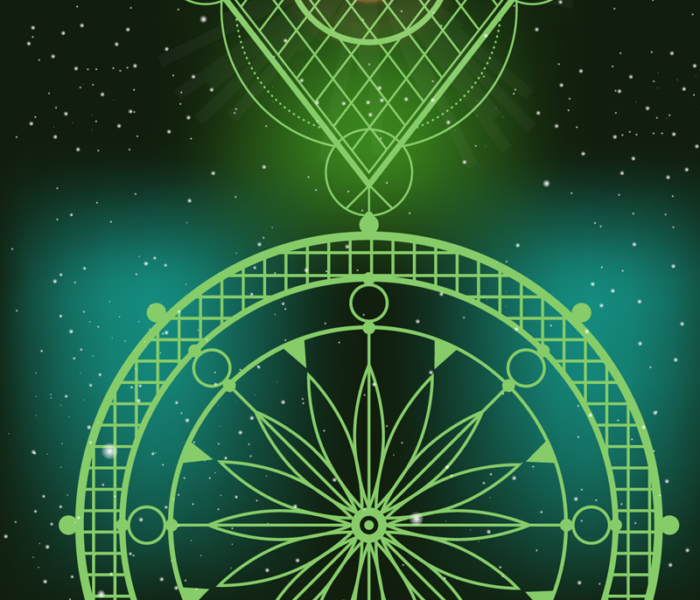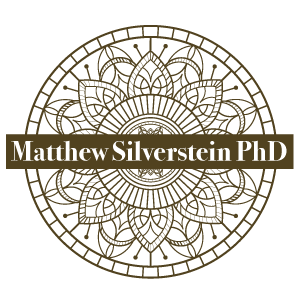Addiction, that is, compulsive repetition of a behavior despite negative consequences, can show up in many forms. The consumer culture that drives the economy may also fuel addiction to things and substances. Widespread addiction to compulsive checking of electronic media is a growing public health concern. Some substance addictions directly threaten health, professional work, or intimate relationships, such abuse of alcohol, crystal meth, or opiates, as are some process addictions, such as compulsive sex, gambling, and spending.
To work on addiction recovery in a private practice setting some recovery time, usually at least three months, is recommended. Depending on the stage of addiction, therapy will entail first focusing on relapse prevention and supporting work with 12 step or other recovery communities. This phase would include identifying triggers to relapse, building safe coping skills, and considering links between addiction use and personal and cultural trauma history, if it is present.
The prevalence of alcohol abuse is relatively high in the LGBTQ community. For these individuals recognizing the connection between addiction and the stress of oppression is a vital part of the recovery process. With greater stability more of the underlying issues and resolution of any associated traumatic memory can be taken up. Often addiction, while destructive, may include a longing toward a higher aim, e.g. in 12 step work, forming a relationship to a higher power. Therapy is a space in which this essential level of recovery may be explored, as well.




